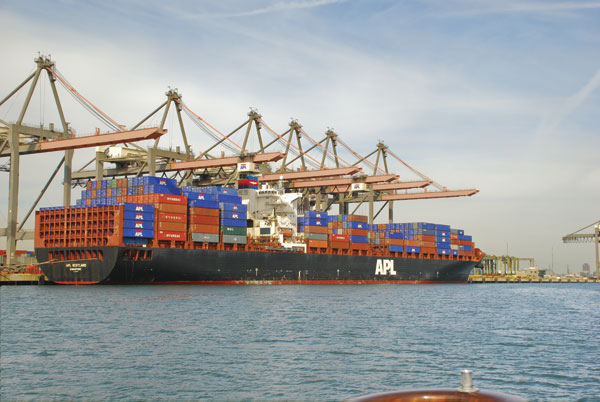Global Response To BSE Encouraging, USMEF Says
Global response to BSE case is encouraging, but maintaining exports is still a challenge.
May 17, 2012

Two weeks after USDA’s announcement of a new case of bovine spongiform encephalopathy (BSE) in California, a partial import ban by Indonesia is the only official change in market access for U.S. beef.
The Indonesian market remains open to imports of boneless-beef cuts from the U.S., but has closed to beef variety meat, bone-in muscle cuts and other beef products. Just after the BSE announcement, officials in Thailand said the country would suspend beef trade with the U.S., but quickly reconsidered. Thailand remains open to boneless beef from cattle less than 30 months of age.
The vast majority of U.S. trading partners have followed sound science and handled news of the BSE case responsibly, says Philip Seng, president and CEO of the U.S. Meat Export Federation (USMEF). However, he cautioned that maintaining market access is only part of the battle. In key markets, USMEF staff members have been actively engaged with industry partners, media contacts and other influential sources in an effort to maintain consumer confidence and dispel any misinformation about the safety and quality of U.S. beef. These activities are critical to maintaining consumer demand and protecting U.S. market share.
“This really underscores the importance of the support we receive from the Beef Checkoff Program, the USDA Market Access Program and all of our partners in the U.S. industry,” Seng says. “Because it’s very important that we continue to reinforce our commitment to consumer safety and explain the multiple safeguards we have in place to ensure the safety and quality of U.S beef.”
South Korea, where resumption of U.S. beef trade resulted in considerable political turmoil in 2008, is a market in which effective consumer relations is especially important.
“From a policy standpoint, we’re very pleased that market access has been maintained in Korea,” Seng says. “But we still have to regain the public’s trust and confidence, and this will be a challenge for some time. Fortunately, we have built a solid foundation through the ‘To Trust’ campaign and other consumer marketing activities, and have resources in place to communicate effectively with our customers and defend our market share.”
Seng adds that Korean retailers have seen a temporary decline in U.S. beef sales, but aren’t reporting on-site protests, boycott threats or other disruptive activities undertaken by activists in years past. Social media activity in Korea has been somewhat negative toward U.S. beef, but not nearly to the level seen when the market first reopened.
While BSE has also been a contentious issue in Japan in past years, Seng says reaction to the latest case has been quite positive.
“Japan very quickly announced that this would not affect our current level of market access, or the review that is underway of its BSE regulations,” he explains. “Officials in Japan really took a strong leadership position in this instance and that has helped us maintain consumer confidence in the market.”
While Indonesia’s decision is disappointing,Seng says it’s mainly due to Indonesia’s desire to bolster its own domestic beef production rather than actual concerns about BSE.
“Indonesia has been trying to become more self-sufficient in beef production for a long time, and recently we’ve seen them really taking this to the extreme,” Seng explains. “This partial closure has much more to do with their goal of self-sufficiency.”
Even before the BSE announcement, Indonesia had drastically reduced the flow of imported beef into the country in 2012 – not only from the U.S., but from all of its major beef suppliers. Indonesia reduced its import quota allocation to just 34,000 metric tons (mt) this year, compared to actual imports of about 100,000 mt in 2011. Through February, U.S. beef exports to Indonesia (including variety meat) were down 84% in volume and 71% in value compared to the same period last year. Global Trade Atlas data also reflect lower exports from Australia (down 27%) and New Zealand (down 59%).
Based on these factors, USMEF does not view Indonesia’s decision as any indication of a trend toward new BSE-related market access restrictions in other countries.
You May Also Like

.png?width=300&auto=webp&quality=80&disable=upscale)

